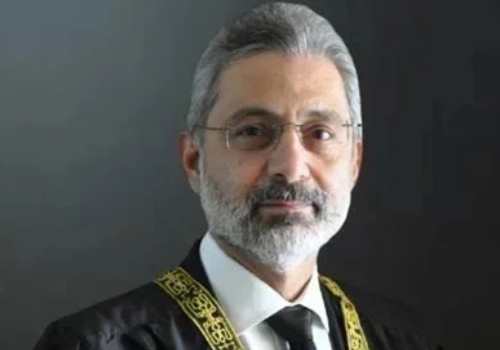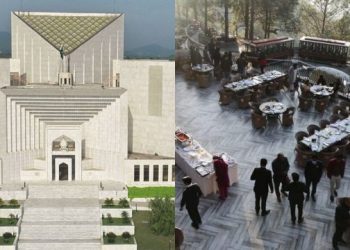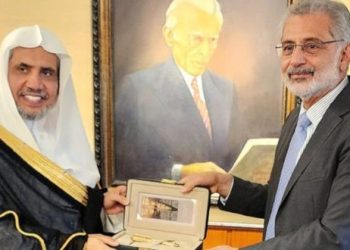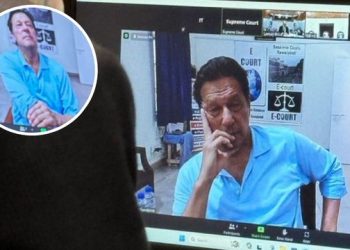ISLAMABAD: Pakistan Supreme Court Judge Qazi Faez Isa has spoken out against a six-member bench’s decision to stop proceedings, saying it was not in keeping with the Constitution and could damage the integrity and credibility of the judiciary.
The bench was established to review a decision made by a special court led by Justice Isa that called for all suo motu cases – invoked under Article 184(3) of the Constitution – to be shelved. Justice Isa had ordered that cases being heard under the article be postponed until amendments were made to the Supreme Court Rules 1980 regarding the discretionary powers of the chief justice of Pakistan to form benches.
Against Rules Constitution:
In his note, Justice Isa said the constitution of the six-member bench was against the rules and it could not disregard his bench’s majority order. He maintained that the “so-called” larger bench was wrongly constituted and did not have the jurisdiction to pass an order. Justice Isa added that if the “review jurisdiction was to be invoked, then Case No. 4 would have to be listed for hearing before the same judges who had earlier heard it on 15 March 2023, but this was not done”.
Constitutional Court:
He also stated that the Constitution did not confer jurisdiction on a bench or on judges of the Supreme Court, no matter how many in number, to sit in appeal over an order of the SC. The judge added that if the matter had been listed for hearing in the ordinary course as per normal procedure, sufficient notice had been given and it had been properly deliberated upon, then the junior judges may have realised that what their seniors were doing did not accord with the Constitution and the law.
Rule of Law:
Justice Isa also noted that the Chief Justice of Pakistan had been designated as the “Master of Rolls”, a term not found in the Constitution, any law or even in the Supreme Court Rules, 1980. He mentioned that “the stated rule of law was not enacted pursuant to a law nor can it by its own self-serve itself to be categorised as the rule of law, particularly when it contravenes the Constitution, which does not grant to the Chief Justice such powers”.
(Islamabad51-Newsdesk)














